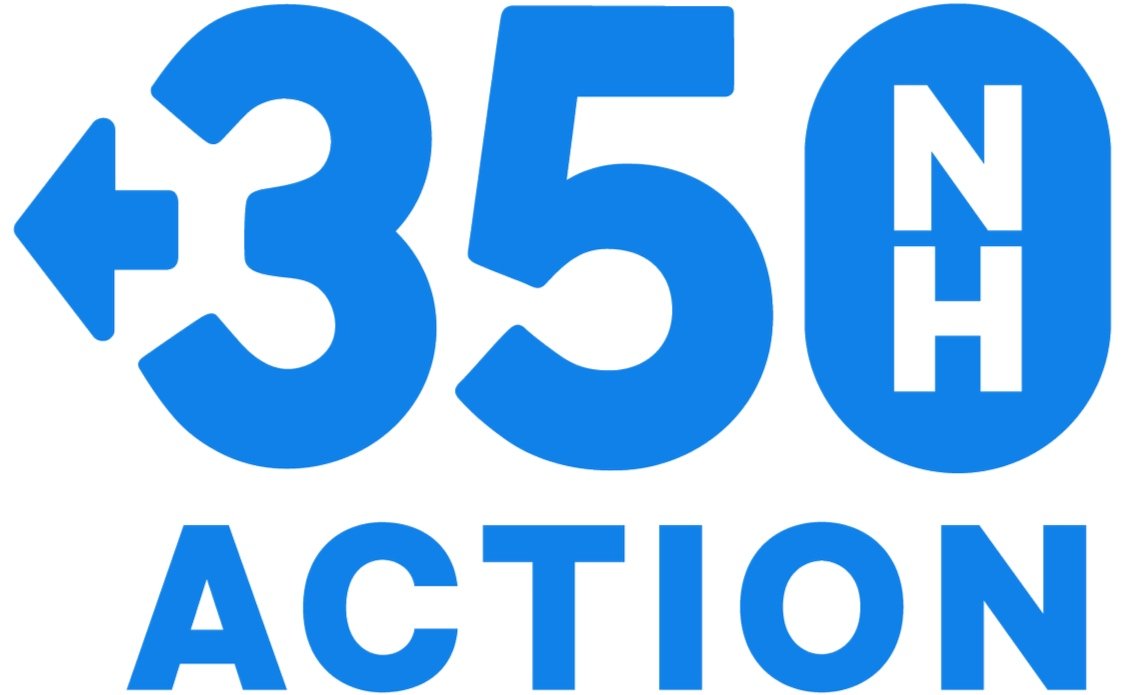Ilinca at the Concord Climate Strike 12/6
Inspired by Greta Thunberg, Ilinca Dondroe joined Youth Climate Strike NH and is now a co-director of this group of youth activists who, like Thunberg, ally with climate organizations including NH Youth Movement and 350NH to bring about climate action. Ilinca credits social media as a strong force for collaboration and raising awareness about the climate crisis across organizations and generations. Currently, the Youth Climate Strike NH team includes 4 co-directors, 10 student ambassadors, and many supporters from across the state.
But Ilinca is not new to activism. Her participation in policy and government began four years ago in the summer of 6th grade when she first attended a summer Model United Nations program. In the years since, Ilinca has participated in Model United Nations simulations and attended conferences where, among others, she represented Japan in the International Police Organization (INTERPOL) and the government of Haiti on the UN Commission on the Status of Women (CSW).
This past year, working with State Representative Chris Balch (D-NH), who had been her Marine Biology teacher, Ilinca also attended State House hearings and testified to promote bills to limit single use plastics, including plastic bags and plastic straws, in New Hampshire.
350NH had an opportunity to talk to Ilinca about climate activism recently.
350NH:
What was your favorite part about organizing the September 2019 climate strikes?
Ilinca:
Organizing the climate strike led me to discover a strong community of activists and introduced me to an amazing team, which included many empowered young women across the state working together to fight for action.
350NH:
How did you feel at the Portsmouth Strike, speaking in front of several hundred people?
Ilinca:
I felt empowered. When I was speaking, I realized that nearly 500 people had joined us, and all seemed motivated to continue working for climate justice.
350NH:
Could you explain what climate justice means to you?
Ilinca:
For me climate justice emphasizes prosperity and inclusion for communities on the front line of the climate crisis. Climate justice also includes advocating for human and social rights, particularly for those who are disproportionately impacted by the effects of the climate crisis. Ultimately, those who are least responsible for climate change - youth, low income and marginalized communities - suffer its gravest consequences. The climate justice movement is about including these voices and perspectives in the fight for climate action.
350NH:
What are your next steps to promote climate justice?
Ilinca
I am committed to driving legislative and policy change in New Hampshire and beyond. Did you know that just 100 companies produce 71% of greenhouse gas emissions, according to a 2017 Carbon Majors Report cited in The Guardian? I am not yet old enough to vote, but we can motivate change by encouraging voter turnout and prioritizing climate change at the state level and the federal level. We need to work with and vote for those who are receptive to action, and create momentum for change.
As part of the global youth climate strike on Friday, December 6th, the Youth Climate Strike NH team planned a strike outside of the State House with the objective of driving legislative change in New Hampshire. I have been working with Rep. Chris Balch to introduce legislation banning polystyrene foam, placing a surcharge on single use plastic, as well as creating incentives for renewable energy usage through a restructure of the Regional Greenhouse Gas Initiative (RGGI).
350NH:
What actions do you think each of us can do to assist in stopping climate disaster?
Ilinca:
Consider making lifestyle changes. In our house, we limit single use plastic, carry reusable bags to the grocery store, recycle, and use LED lights for longevity and less use of electricity. Look for locally-grown food to avoid emissions from food transported long distances. Avoid unsustainably produced clothing and household goods. Donate your used items. Limit driving and use carpooling and public transportation when you can.
Each small collective action can help to create a wave of change. I think it’s even more important to inspire others to think of how they can support the movement and limit their environmental impact. It is also vital to move beyond lifestyle changes and take action - raise your voice, advocate for change, volunteer, testify at the state house, and write letters to the editor about the issues that move you.



